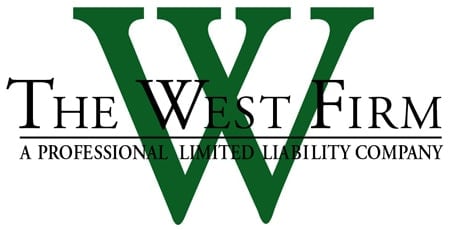When business owners face litigation, the concern is the bottom line. In other words, how much is this going to cost me? However, with business litigation, the concern should not only be over money but also your entire New York State or Pennsylvania business.
A receiver could take your business
In business litigation, the judge can appoint a receiver to take over your business and its assets. This means that you would no longer control your business, have access to any business funds or access to any business assets. If you live disbursement to disbursement, , the receivership could push you into destitution.
How are they appointed?
The person or entity suing you and your business can ask for a receivership, and the judge will oblige, if they believe that the business or its assets need protection from you. If the judge finds this, they appoint a receiver to take over business operations and legally acquire the business assets. They operate at the behest of the court, and they operate within the court’s guidelines.
Which cases?
In litigation in New York State courts, Pennsylvania courts and federal litigation, receivership can become an issue. In any case where damages may include business assets or control, and in any case where control of the business is at stake, receivership could be requested. However, depending on your case, you could face receivership too, if the litigation is over your business real estate or commercial property.
And, with any governmental entity, you will likely face a receivership motion. The Securities and Exchange Commission is explicit about this policy.
What can be done?
When you face litigation, make sure that your New York State or Pennsylvania business lawyer understands if this could be an issue, and if so, prepare for it now. Do not get caught flat footed. However, the best mitigation strategy is to avoid litigation now. This can be done by having a lawyer examine your business practices, policies and processes to see where you might have litigation risk.
